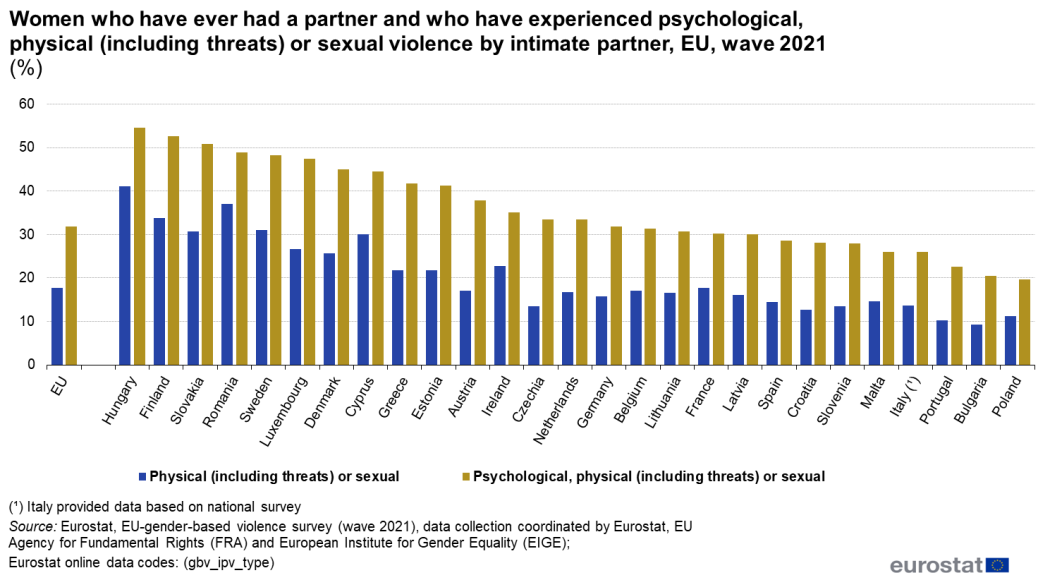A few weeks ago I was writing about countries being language agnostic and last night I was discussing it with a couple friends who were visiting us for dinner. One of them is very much pro Finnish culture and while we were talking about integration of foreigners, they mentioned that they don't believe people can integrate without learning the language. And while I agree to an extent, I do not believe that language is quickly becoming becoming irrelevant as technology is able to translate from any language into any language on the fly in real time.
> Communication still matters.
---

Header Image
---
However, while we were discussing this, my friend said that it means that Finnish culture, Finnish poetry and literature and music, becomes irrelevant and I replied that yes, this is the case. But, *all culture* that relies on language to separate it becomes increasingly irrelevant, everywhere. And this saddened them, because it means that diversity narrows and everything becomes a beige mush.
> Yep.
This is the problem with homogenization of thought and ideas, but as I discussed with her, this has already been happening through technology anyway, where people are *consuming from the same pool* of content globally, driven by the algorithms designed to maximise attention and the profit it brings. And the content isn't designed to inspire thought and action, it is designed to keep attention fixed on the screen.
A homogeneous language group is able to communicate effectively between each other. But, what people often don't consider that a homogenous group is also able to be influenced and controlled more efficiently. The more the data collectors are able to influence people into larger and larger groups, the more they are able to influence and push an agenda. For an example from a few years ago, Squid Game became an almost overnight sensation with hundreds of millions of views, even though it was in Korean. Netflix and their marketing team, were able to get the message out through multiple channels and people jumped on the bandwagon.
I like reading Shakespeare occasionally because I believe that it holds a huge amount of wisdom, even though fictional. I even [wrote a little about it](https://peakd.com/@tarazkp/fictional-truths-non-fictional-lies) once upon a time. Damn - that was over eight years ago. Yet, even though I have read a bit, watching a Shakespearean movie is very difficult because even though I can follow it, it is too fast for me to process the true meaning of what is being said fast enough. The wisdom is lost, because the nuance is lost.
My argument for my friend who was talking about needing to learn Finnish to integrate and understand the culture is, how well would a person need to actually speak Finnish to understand the depth of nuance? There are very, very few foreigners in Finland who speak Finnish *well enough* to get all that meaning, even though they can do everything else they need to practically do in Finnish at work and personally. And it is likely the same for most languages. Yet, does that mean they can't understand the culture?
> I don't think so.
Because culture isn't as much in the language as it is in the *behaviours* of a group, and those behaviours are observable, even without knowing the language. In fact, I would say the majority of cultural value doesn't lay in the language itself, but in the way people behave. So, that means that as long as there is interactive communication, most of what is valuable can be learned, without speaking a word of the same language. Some will be lost in translation of course, but is it that vital to have it all, considering that even a group of Finns don't all hold the same cultural knowledge, just because they are all Finnish.
I think it is unfortunate in many ways the culture is homogenising so rapidly, because a lot of what is valuable locally is being dropped to consume globally. Skills that bring people together as a community at the local level are degrading, even if personal skills are increasing. As a result, there is less interaction between the people who are in physical proximity, and that interaction tends to be of a lower quality, based on need. Yet even with this, people are increasingly able to avoid interacting with people at all, having everything delivered to their door, so they didn't even have to speak to a human.
There is a certain inevitability to the death of much of what we cling onto of our cultures now, but the fact is that most people don't actually care that much about their own cultural history, except for when it suits them. Most people don't sit down and read poetry from their national poets, or learn to play traditional instruments, or wear the traditional dress. Instead, they only invoke "culture" when they feel threated in some way personally, or want to punish someone they don't like.
> Selective culturalists.
We pick and choose which bits of our culture we want to acknowledge and identify with, omitting all the shitty bits when it suits us, and claiming them back when it suits us. We defend our culture on the points we consider good, but fail to mention all the other things we want to hide. And if those things are brought up, they are then positioned as outlier parts of the group, not a true representation of the culture.
>What percentage of belief or behaviour is required by the group in order for it to be considered a cultural norm?

> Does that count as part of the culture in Finland?
I am guessing not many Finns want to claim it as a part of their culture they are desperate to hold onto. In my experience, *none* want to even acknowledge it openly - I have asked many. I don't shy away from difficult discussions and I am open to having my beliefs challenged too - because *I don't care* about my culture. I am more pragmatic than that and want to improve my behaviours, not hold onto what isn't working.
> Lots of culture *should die.*
If you hate a group of people because of your upbringing or cultural environment, you are an idiot. *Literally* an idiot. You are ignorant, because you are basing you *opinion* on the conditioning of others, without testing if it is true or not. Similarly, if you are basing your opinion on a single interaction, you too are an ignorant idiot, because the sample size isn't large enough to make an inference.
> We should all question our culture.
But instead, we lay claims to general feelings about what our culture is, and that of other people, and act on that generalisation as if it is the truth. *Our* truth. But is our belief of our culture our culture, or is it how we behave?
Taraz
[ Gen1: Hive ]
---
**Be part of the Hive discussion.**
- Comment on the topics of the article, and add your perspectives and experiences.
- Read and discuss with others who comment and build your personal network
- Engage well with me and others and put in effort
**And you may be rewarded.**
---
The Death of Culture
@tarazkp
· 2025-09-07 19:36
· Reflections
#philosophy
#psychology
#mindset
#family
#health
#reflect
#wellbeing
#culture
Payout: 0.000 HBD
Votes: 657
More interactions (upvote, reblog, reply) coming soon.